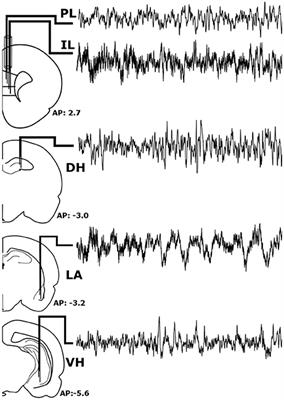REVIEW
Published on 27 Feb 2018
Sleep Deprivation and the Epigenome
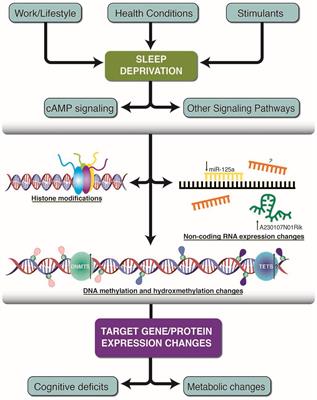
doi 10.3389/fncir.2018.00014
- 39,234 views
- 91 citations
25k
Total downloads
120k
Total views and downloads
REVIEW
Published on 27 Feb 2018

PERSPECTIVE
Published on 22 Nov 2017
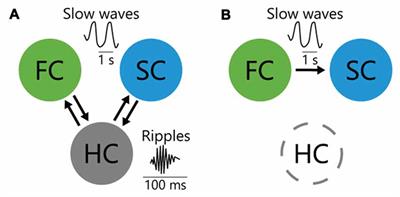
ORIGINAL RESEARCH
Published on 23 Oct 2017
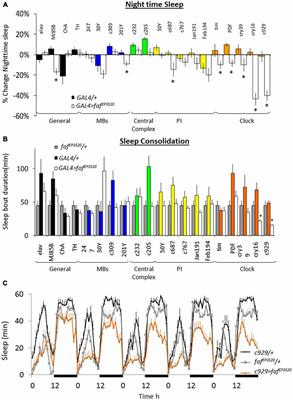
REVIEW
Published on 12 Oct 2017

ORIGINAL RESEARCH
Published on 04 Oct 2017

PERSPECTIVE
Published on 15 Sep 2017

ORIGINAL RESEARCH
Published on 14 Sep 2017

REVIEW
Published on 06 Sep 2017
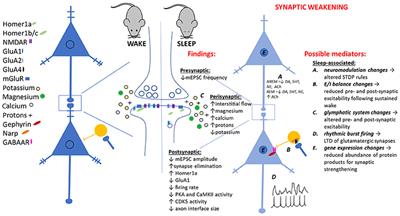
ORIGINAL RESEARCH
Published on 23 Aug 2017
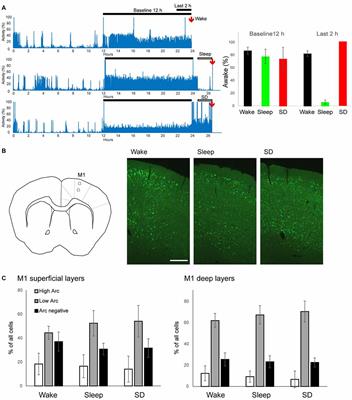
ORIGINAL RESEARCH
Published on 06 Jul 2017
